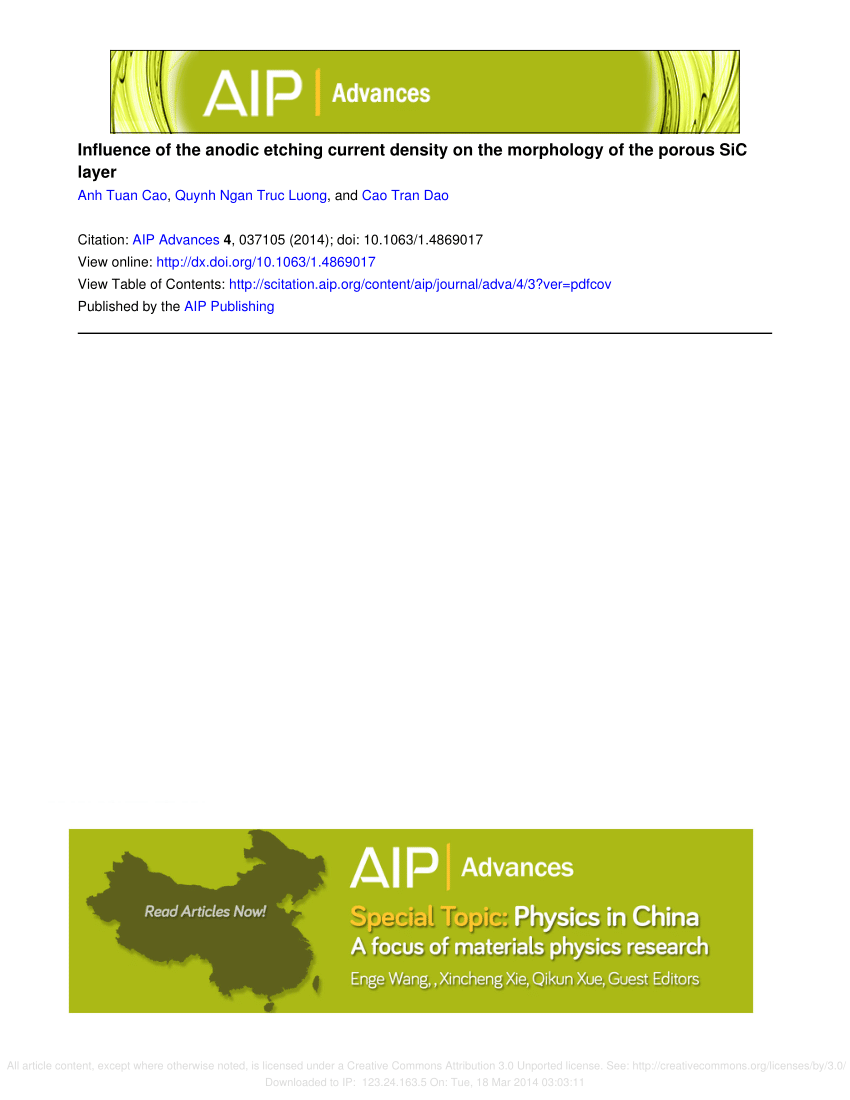基于 GAIL 和 Wasserstein 距离的微电网优化能源调度
IF 1.4
4区 物理与天体物理
Q4 MATERIALS SCIENCE, MULTIDISCIPLINARY
引用次数: 0
摘要
由于微电网中可再生能源发电机组的波动性和间歇性,有效的能量调度方法对于高效利用可再生能源和微电网的稳定运行至关重要。近年来,基于深度强化学习(DRL)的微电网能量优化调度取得了显著进展。随着微电网的发展,传统 DRL 代理训练时间长、收敛效果差等缺点逐渐暴露出来。本文针对微电网的最优能量调度,提出了一种具有 Wasserstein 距离的生成式对抗模仿学习方法。该方法结合近似策略优化算法来优化能源调度,降低微电网运行成本。首先,代理通过模仿专家轨迹自适应地学习行动探索过程。其次,基于生成对抗理论,添加一个判别网络,并在判别网络中引入瓦瑟斯坦距离,以区分生成策略和专家策略。这种反馈有助于更新神经网络参数。最后,通过算例分析验证了所提方法的有效性。本文章由计算机程序翻译,如有差异,请以英文原文为准。
Optimal energy scheduling for microgrid based on GAIL with Wasserstein distance
Owing to the volatility and intermittency of renewable energy generation units in microgrids, effective energy scheduling methods are essential for efficient renewable energy utilization and stable microgrid operation. In recent years, microgrid energy optimization scheduling based on deep reinforcement learning (DRL) has made significant progress. With the development of the microgrid, the drawbacks of the traditional DRL agent, such as long training time and poor convergence effect, are gradually revealed. This paper proposes a generative adversarial imitation learning method with Wasserstein distance for optimal energy scheduling in the microgrid. This method combines a proximal policy optimization algorithm to optimize energy scheduling and reduce microgrid operating costs. First, the agent adaptively learns the action exploration process by imitating expert trajectories. Second, based on the generative adversarial theory, a discriminator network is added, and the Wasserstein distance is introduced into the discriminator network to distinguish between the generative and expert strategies. This feedback assists in updating the neural network parameters. Finally, the effectiveness of the proposed method is verified through an arithmetic example analysis.
求助全文
通过发布文献求助,成功后即可免费获取论文全文。
去求助
来源期刊

AIP Advances
NANOSCIENCE & NANOTECHNOLOGY-MATERIALS SCIENCE, MULTIDISCIPLINARY
CiteScore
2.80
自引率
6.20%
发文量
1233
审稿时长
2-4 weeks
期刊介绍:
AIP Advances is an open access journal publishing in all areas of physical sciences—applied, theoretical, and experimental. All published articles are freely available to read, download, and share. The journal prides itself on the belief that all good science is important and relevant. Our inclusive scope and publication standards make it an essential outlet for scientists in the physical sciences.
AIP Advances is a community-based journal, with a fast production cycle. The quick publication process and open-access model allows us to quickly distribute new scientific concepts. Our Editors, assisted by peer review, determine whether a manuscript is technically correct and original. After publication, the readership evaluates whether a manuscript is timely, relevant, or significant.
 求助内容:
求助内容: 应助结果提醒方式:
应助结果提醒方式:


